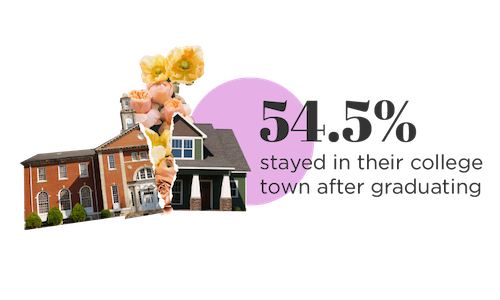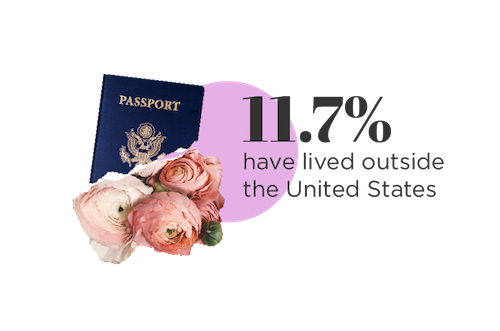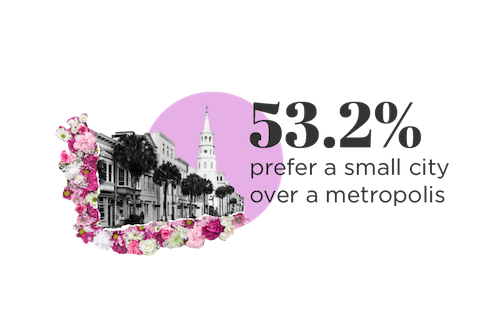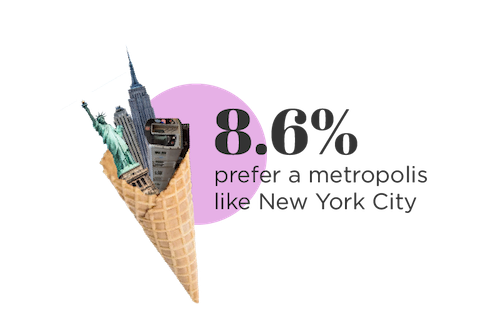The lazy millennial stereotype gets thrown around a lot on talk shows, in public speeches, and among online forums. Those who perpetuate this myth claim that millennials are unwilling to make sacrifices and contribute enough good, old-fashioned elbow grease to succeed. Essentially, they believe millennials aren’t career-minded enough to compete in today’s economy.
Nearly a quarter (24.1%) of the millennials we surveyed said a job opportunity was the number one reason they moved recently. This was much higher than the number of millennials who listed reasons like education (16.1%), relationships (14.1%), and family ties (18.5%) as their primary motivators. An additional 19.2% said that a job opportunity was one of their secondary reasons.
All told, this means that roughly 43% of the millennials that move do so for better jobs.
Packing up and moving to a new town or state is always a big sacrifice, even if it’s for a good job, so these numbers imply that millennials are willing to sacrifice a lot for their careers. In fact, an article from Rent.com suggests that millennials might actually be more focused on their careers than previous generations were at the same age.
If you’re one of these go-getter millennials with a degree in business, you might be interested in our list of the best cities for business graduates.
Of course, these stats alone don't completely disprove this myth. If you believe that millennials are moving less than previous generations (more on that in a minute), you could argue that the ones who move for work are the exception rather than the rule.
To put the final nail in this myth’s coffin, let’s turn to the second myth we busted.









